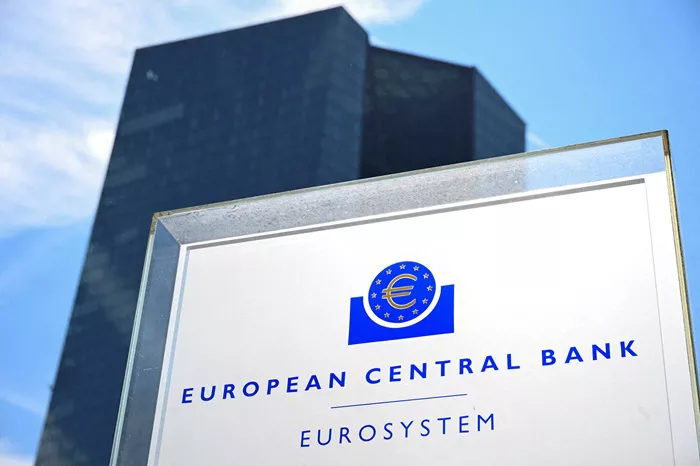Asian stock markets experienced a broad increase as investor enthusiasm for technology stocks, notably Nvidia, surged. This optimism is fueled by anticipations of a rate cut by the European Central Bank (ECB) and possible guidance on future monetary policy. The rebound in tech stocks helped counterbalance concerns arising from the diminishing prospects of a substantial half-point rate cut by the Federal Reserve (Fed) in its upcoming meeting.
Impact of U.S. Inflation Report
The latest U.S. inflation report revealed that core Consumer Price Index (CPI) rose by 0.28% in August, slightly exceeding the forecasted 0.2% increase. This data prompted markets to conclude that the Fed is likely to opt for a 25 basis points (bps) rate cut rather than a more aggressive 50 bps reduction. As a result, short-term yields increased, and the U.S. dollar gained against the yen, which fell from its 2024 high of 140.71 per dollar.
Nikkei Rises Despite Hawkish Bank of Japan Comments
The weaker yen contributed to a nearly 3% rise in Japan’s Nikkei index, overshadowing hawkish remarks from a senior Bank of Japan official who advocated for a 1% interest rate target over time. The Nikkei’s advance highlights investor sentiment’s sensitivity to currency movements and central bank signals.
European Markets Eye ECB Policy Decision
European markets are poised for gains ahead of a significant event: the ECB policy decision. EUROSTOXX 50 futures jumped 1.2%, and FTSE futures gained 1%. A quarter-point rate cut is widely anticipated, but the focus will also be on whether the ECB will implement further cuts in October and December. Inflation concerns persist, with market expectations for an additional cut next month at around 40%. ECB President Christine Lagarde’s post-meeting briefing is expected to reiterate the central bank’s data-dependent approach to policy decisions.
Focus Shifts to U.S. Economic Data
Attention will soon turn back to the U.S., where key economic data will be released, including weekly jobless claims and Producer Price Index (PPI) figures. Jobless claims are particularly crucial given the Fed’s focus on labor market conditions. A higher-than-expected figure could revive discussions of a 50 bps rate cut. Economists anticipate a 0.1% increase in PPI for the previous month. Elements of this data will aid analysts in refining their forecasts for the Personal Consumption Expenditures (PCE) Price Index, the Fed’s preferred inflation measure, scheduled for release on September 27.
Key Developments to Watch
- ECB policy meeting and subsequent briefing by President Christine Lagarde
- U.S. weekly jobless claims report
- U.S. Producer Price Index (PPI) release
Conclusion
As markets await critical economic updates and central bank decisions, investor focus will remain on the interplay between inflation data and monetary policy. The anticipated ECB rate cut and upcoming U.S. economic indicators are set to influence market dynamics, with significant implications for both European and global financial landscapes.
Related Topics:

